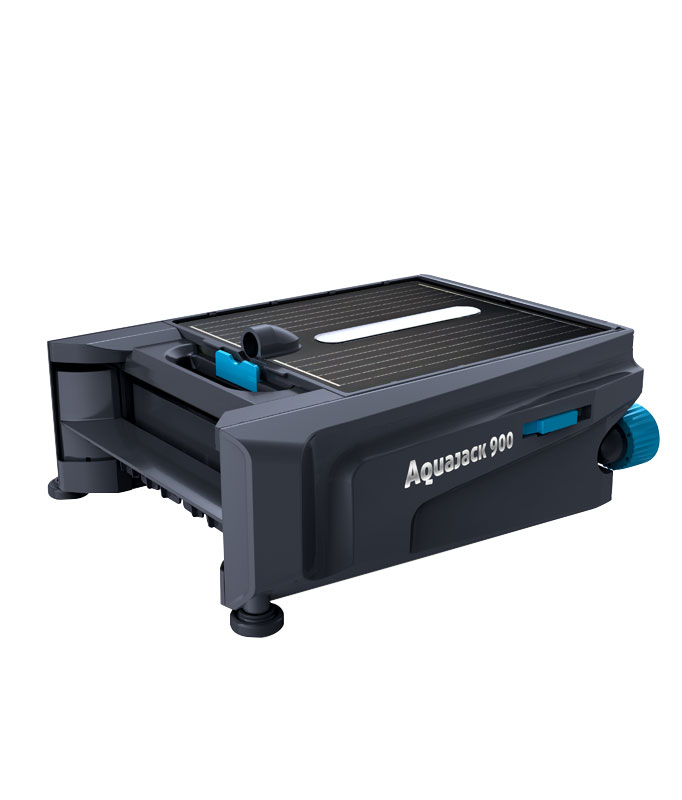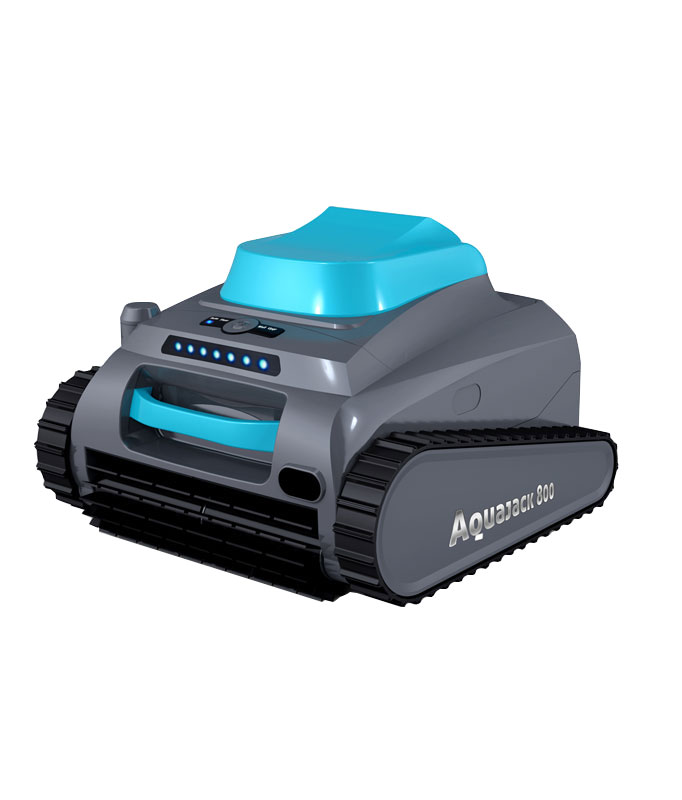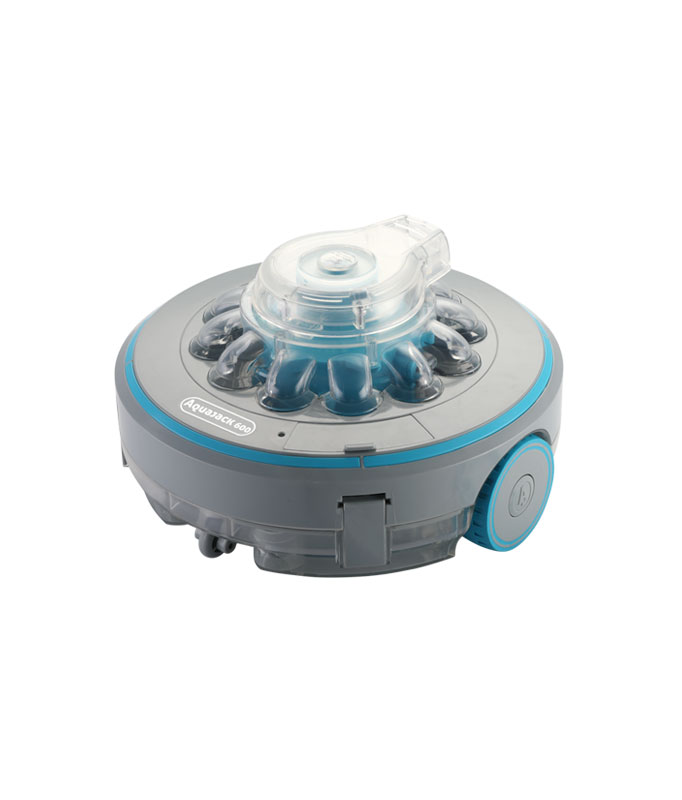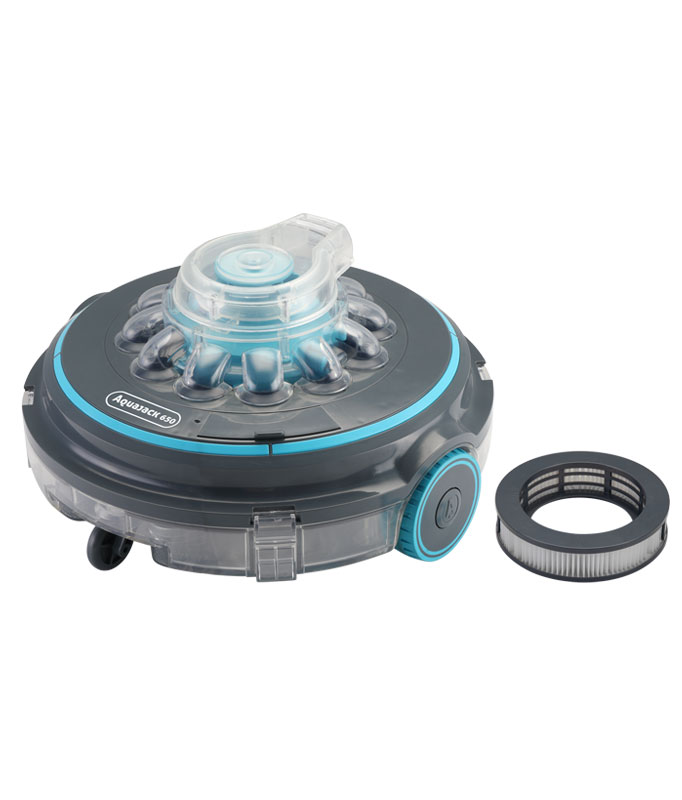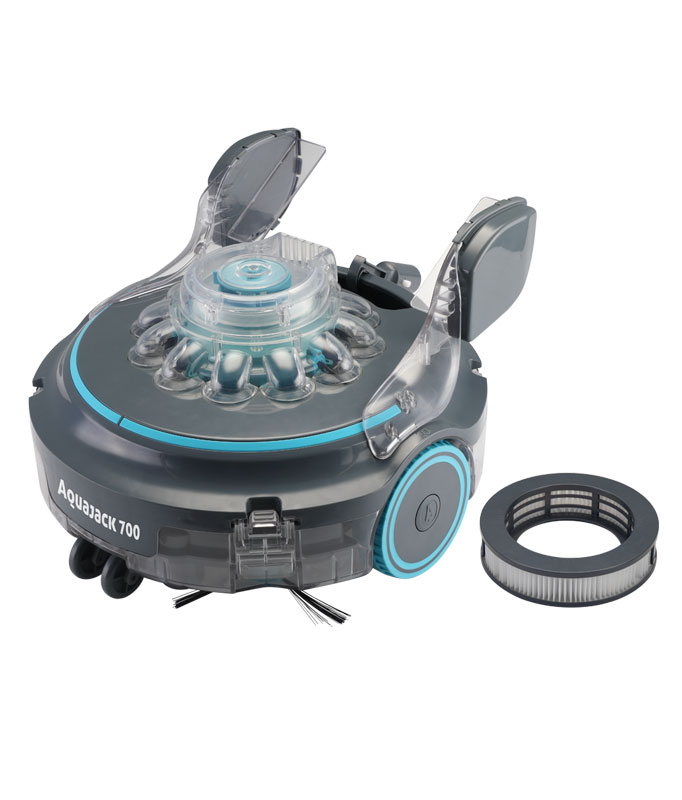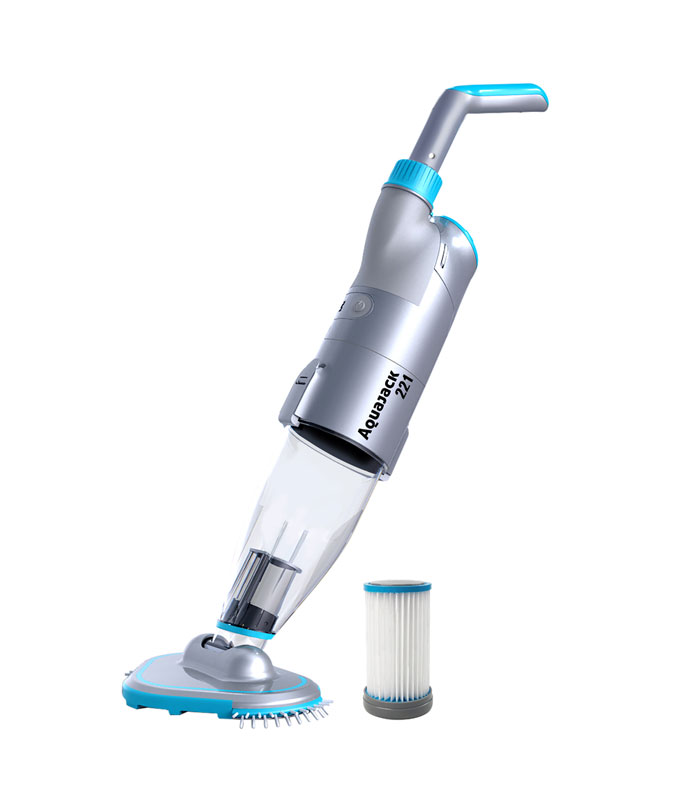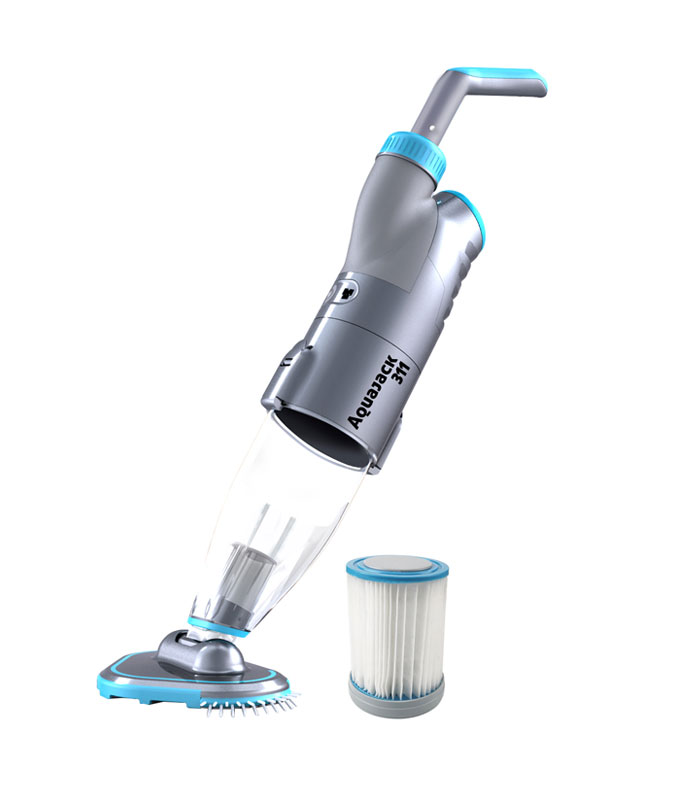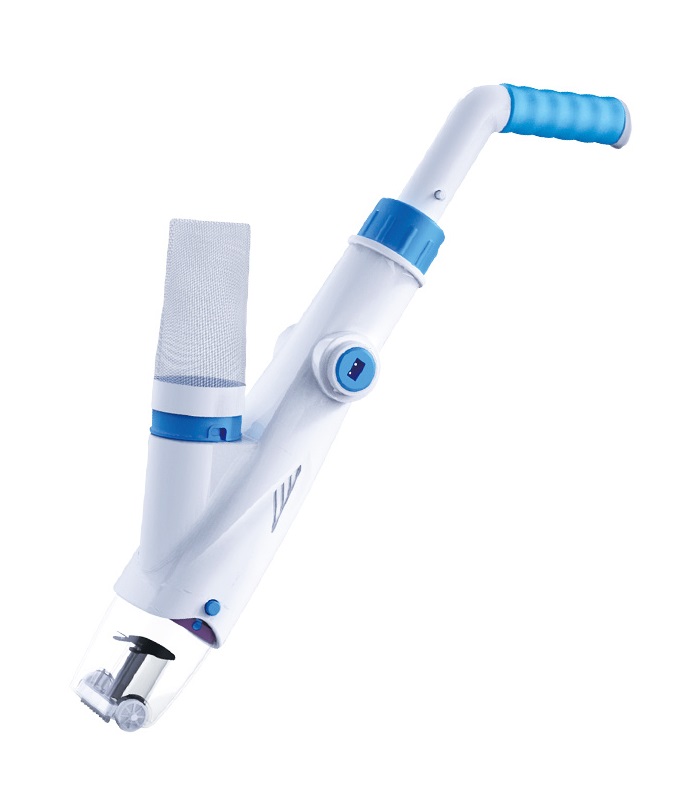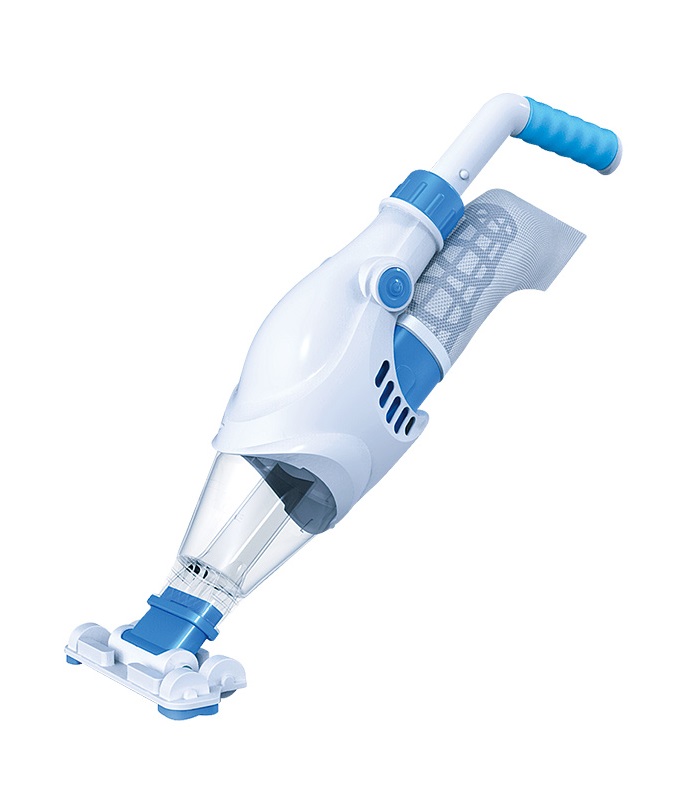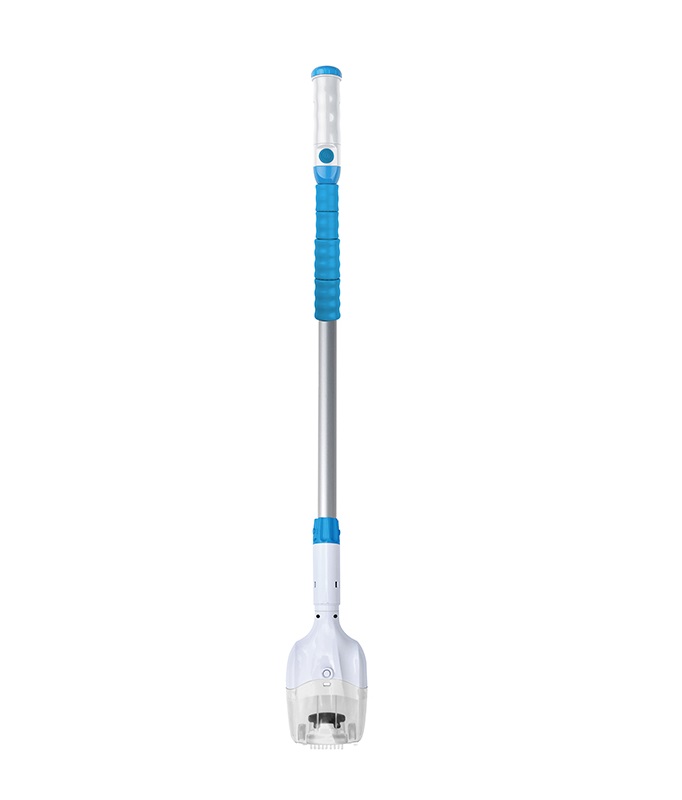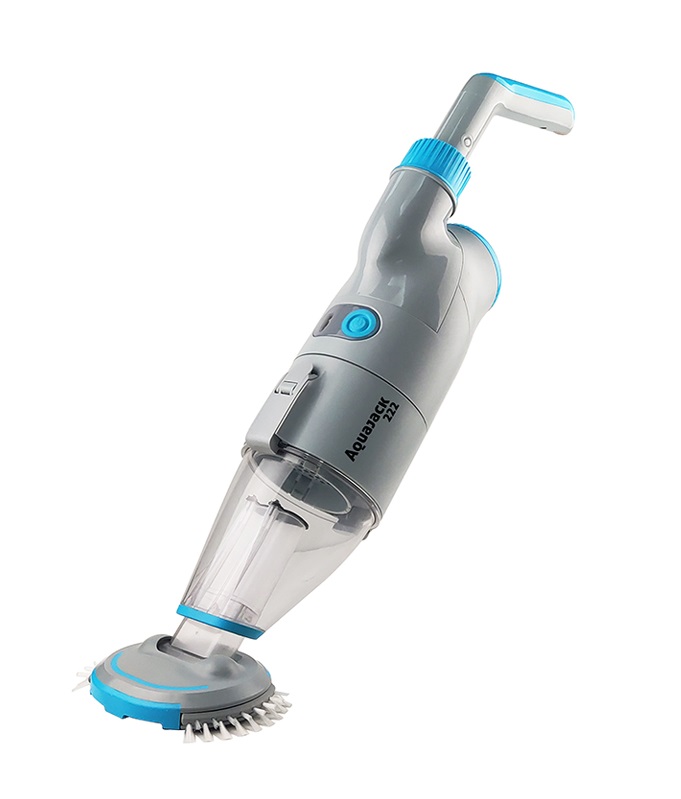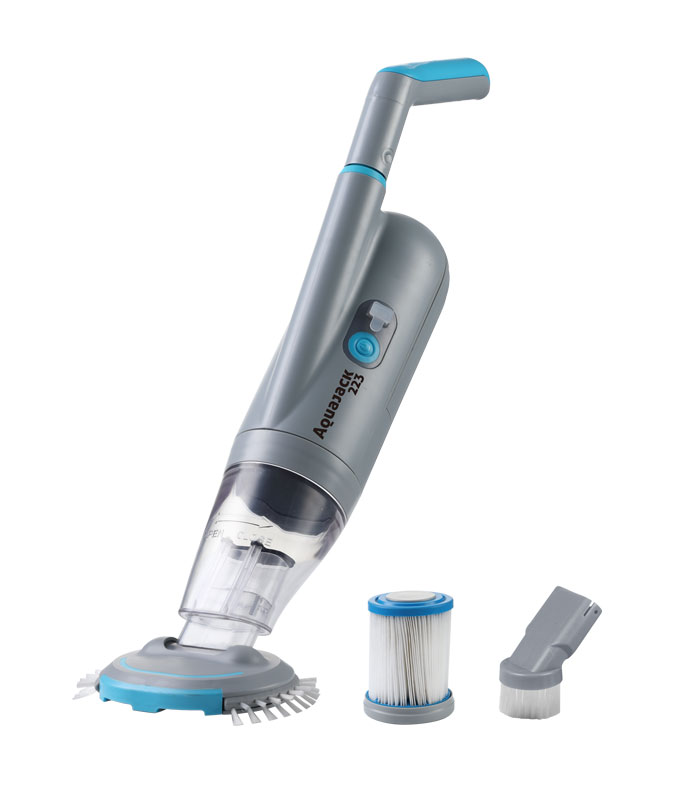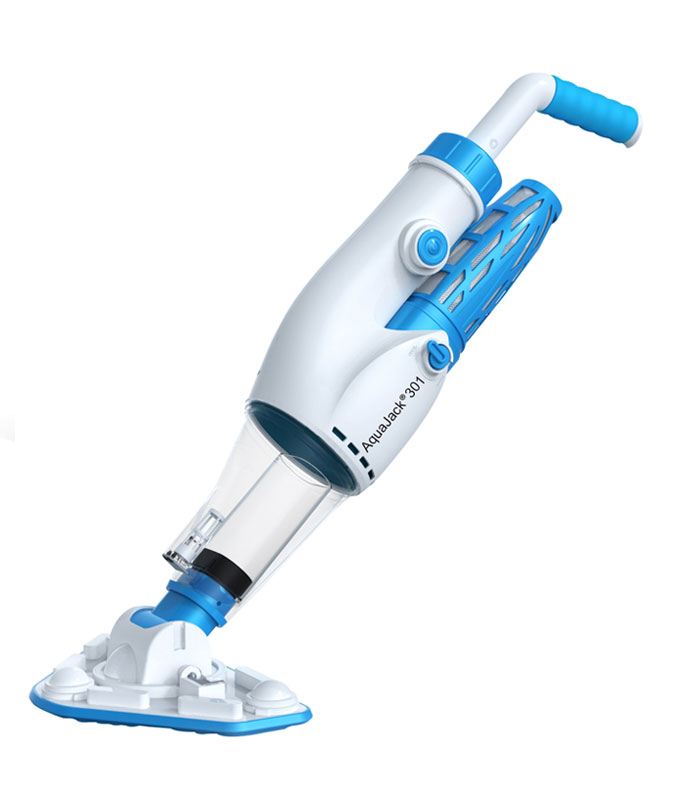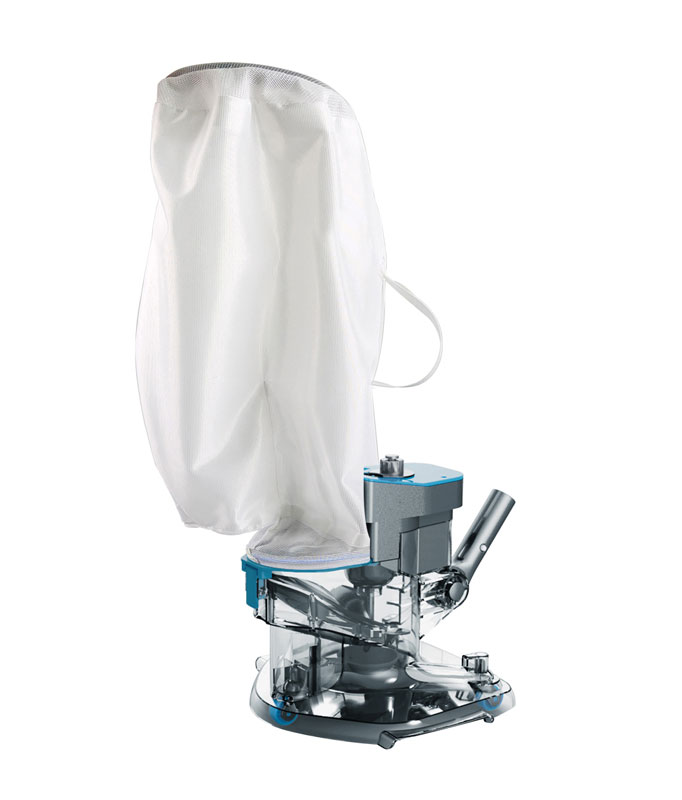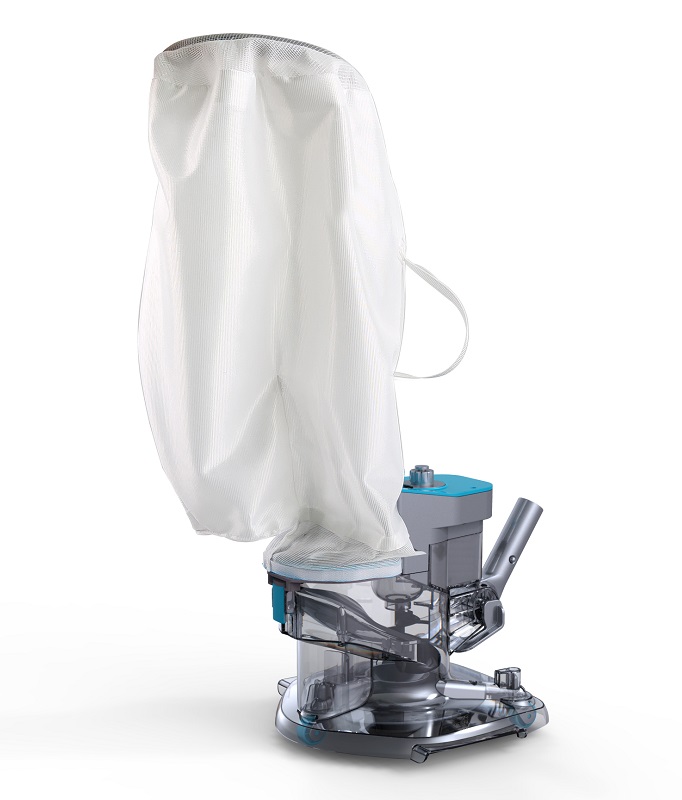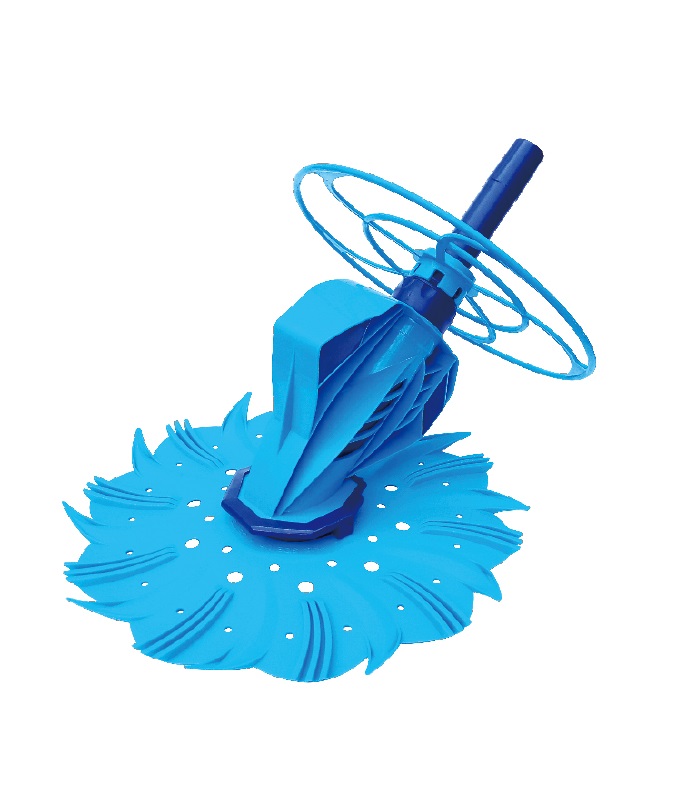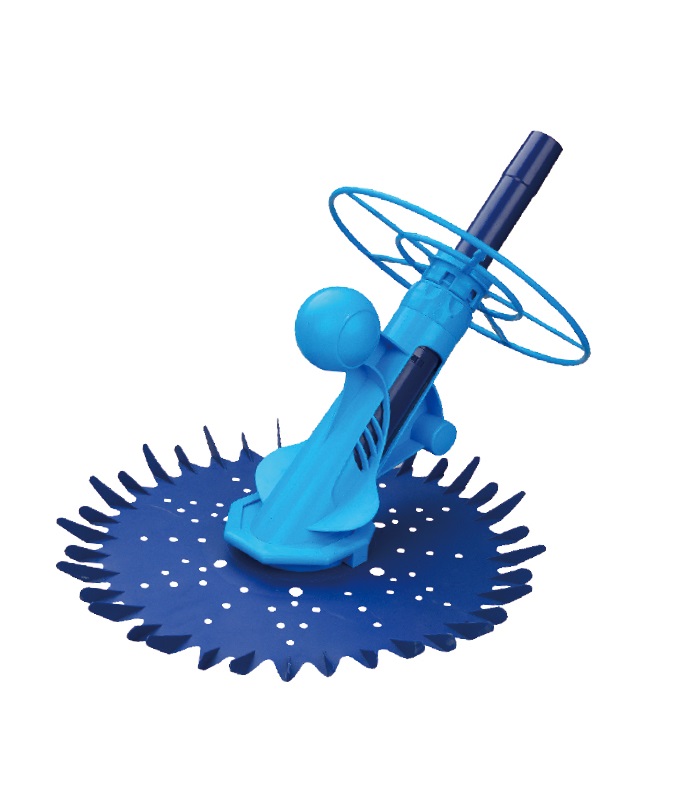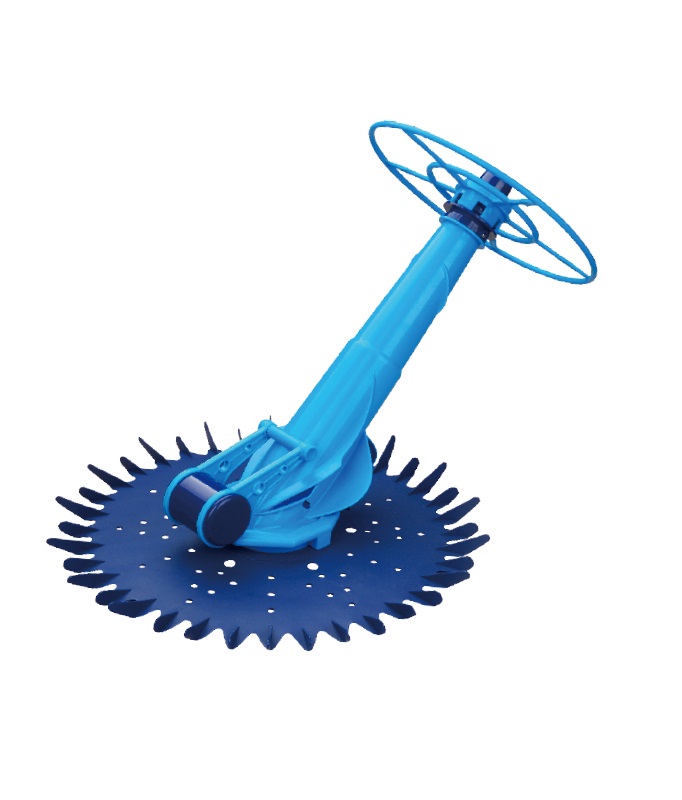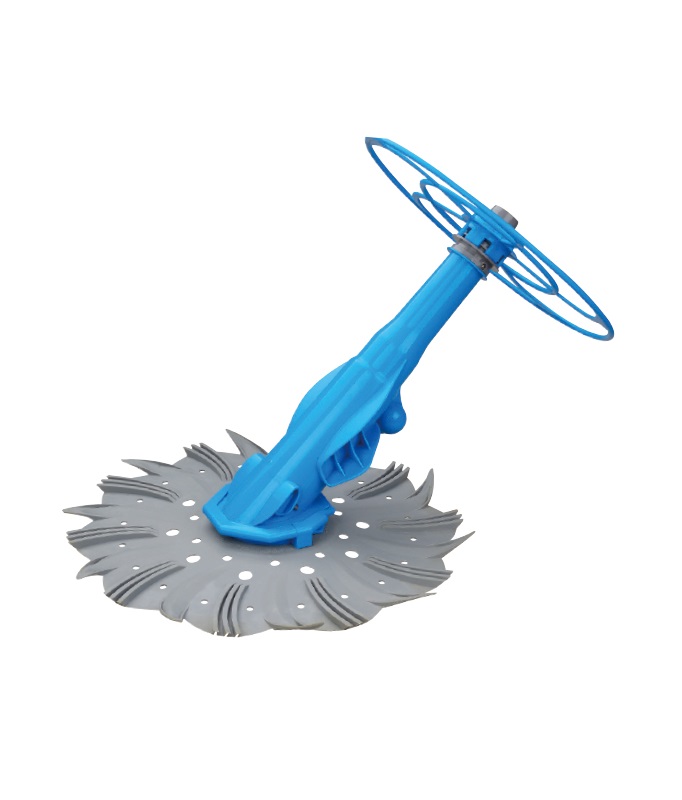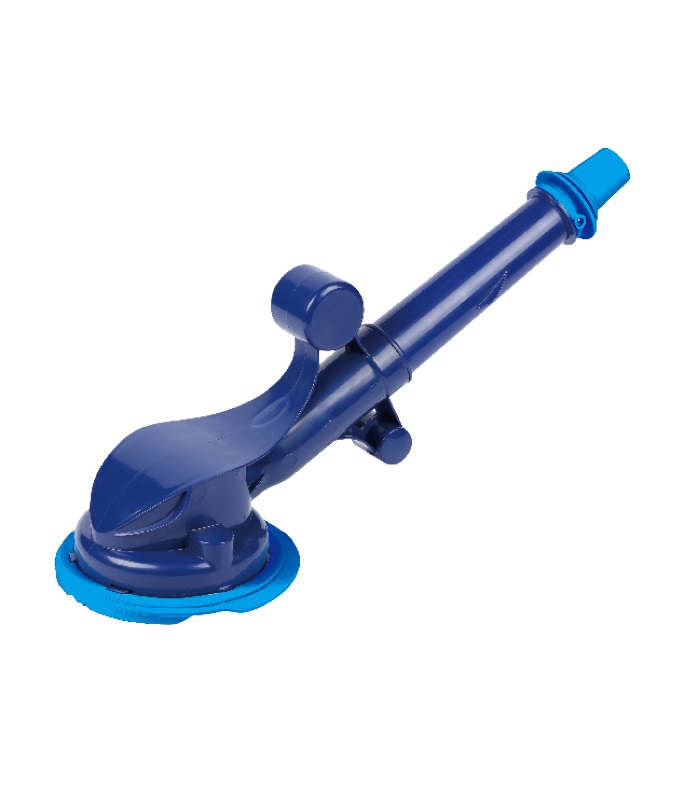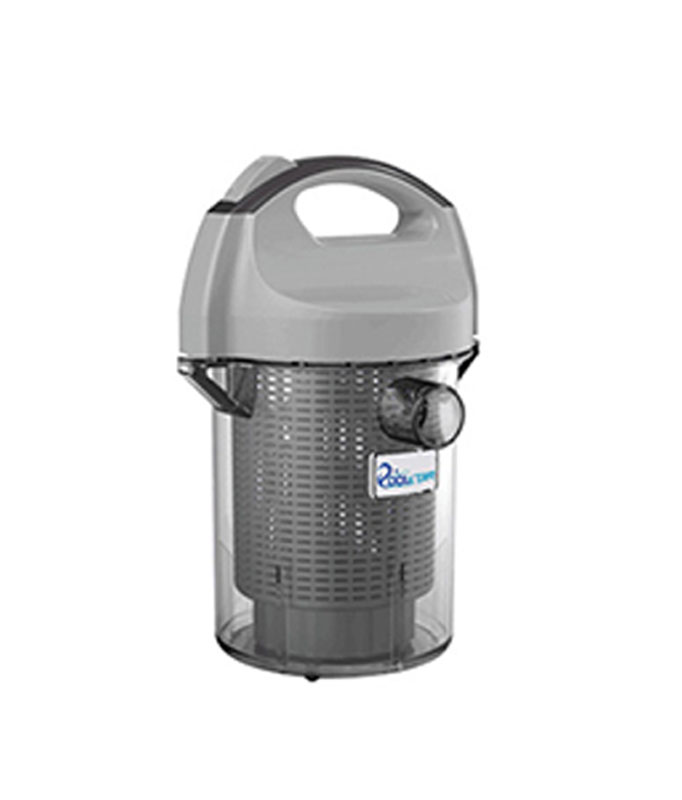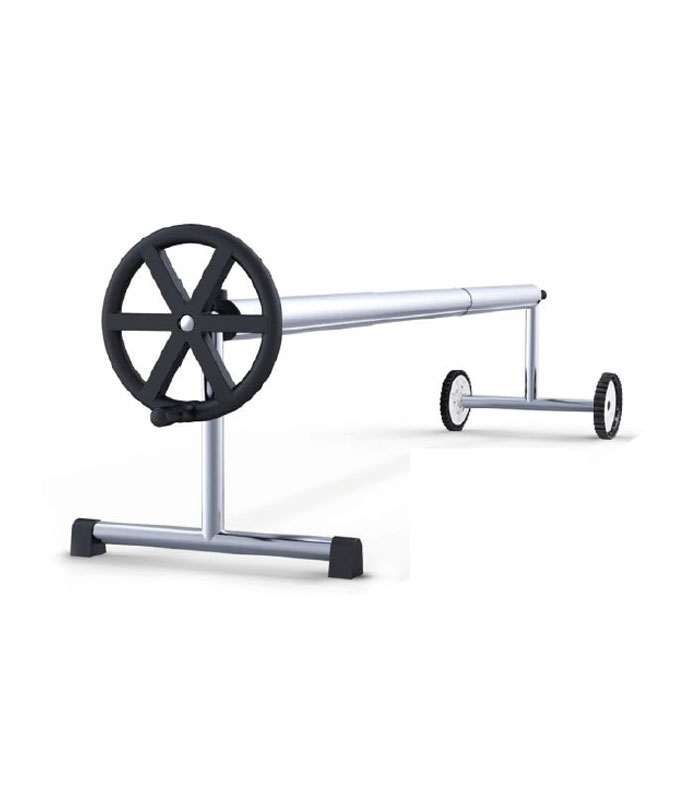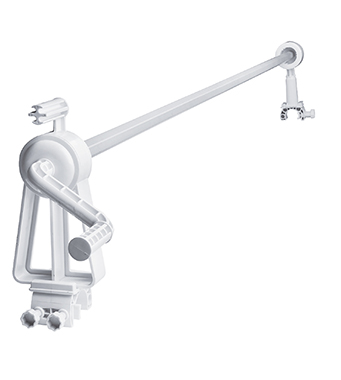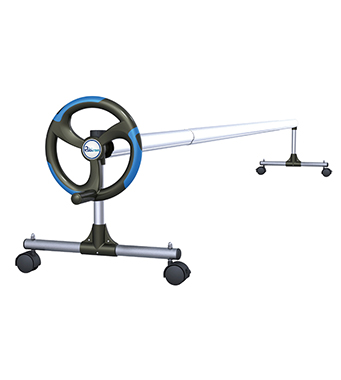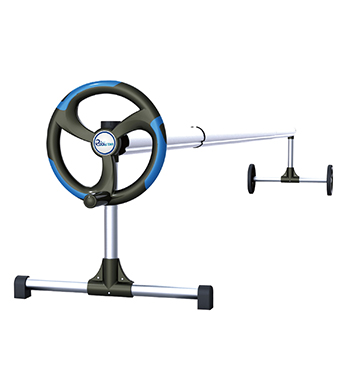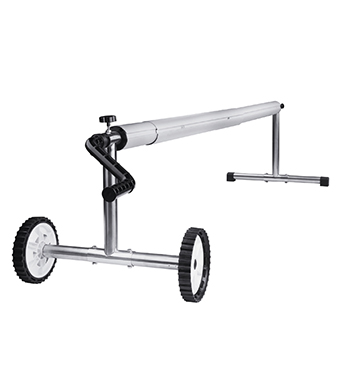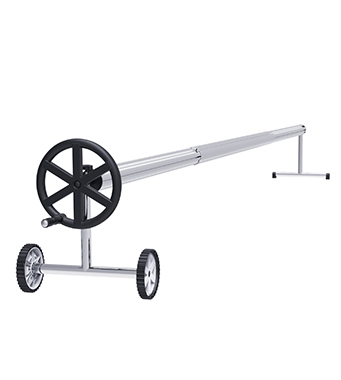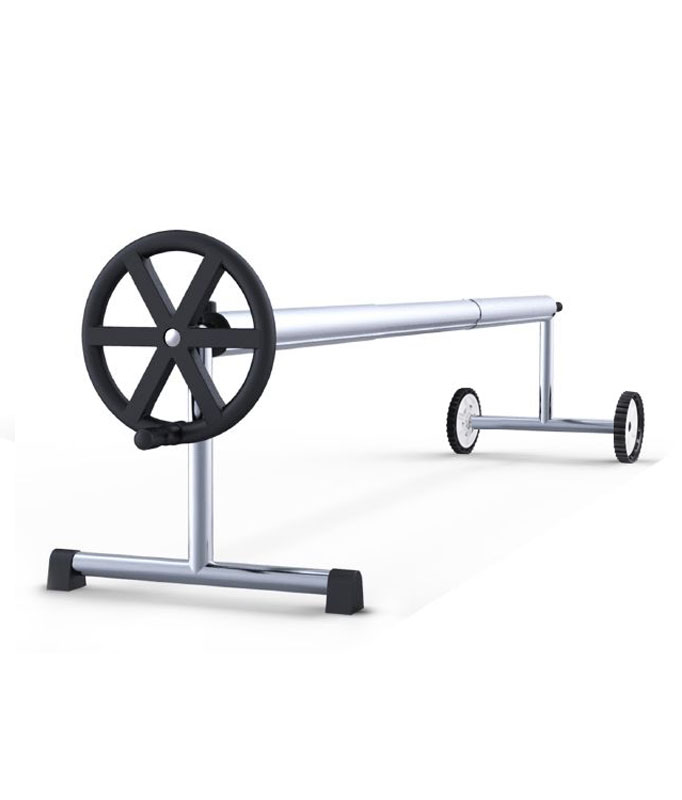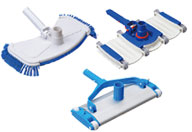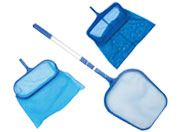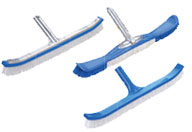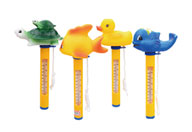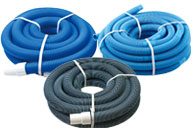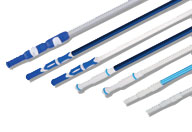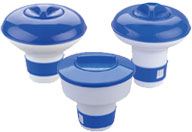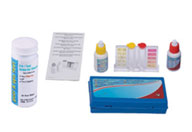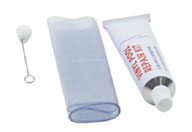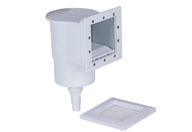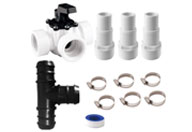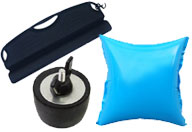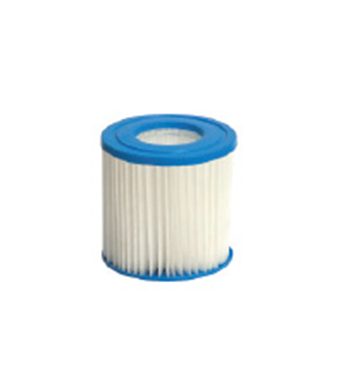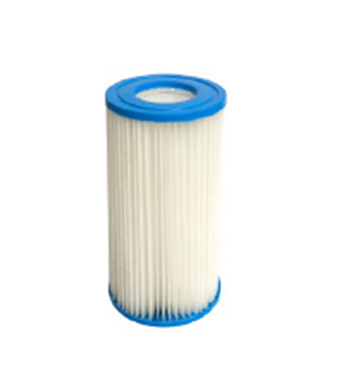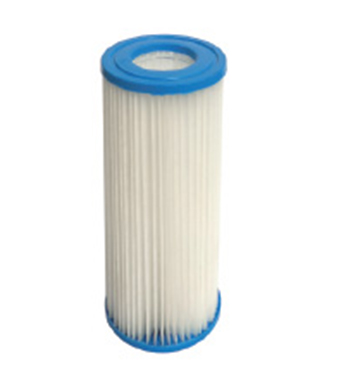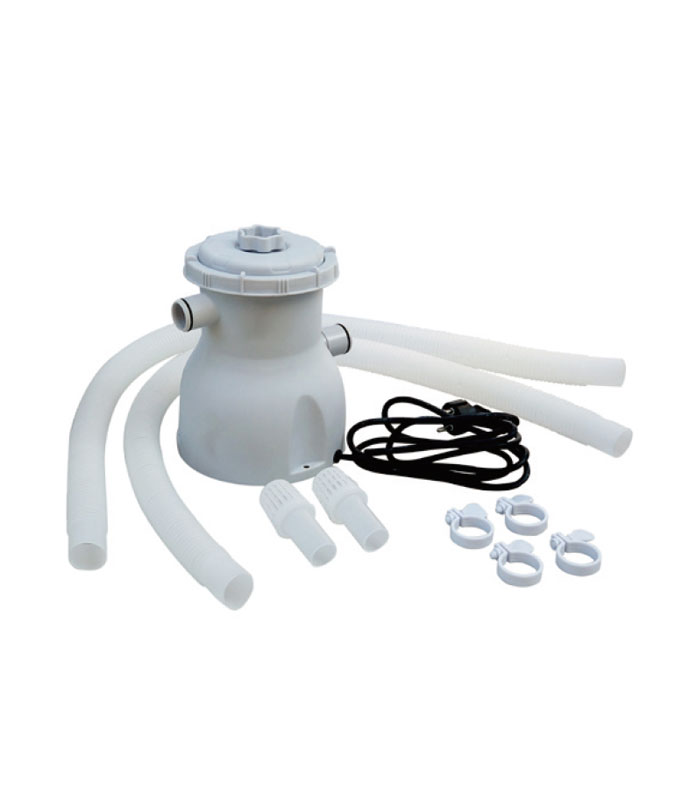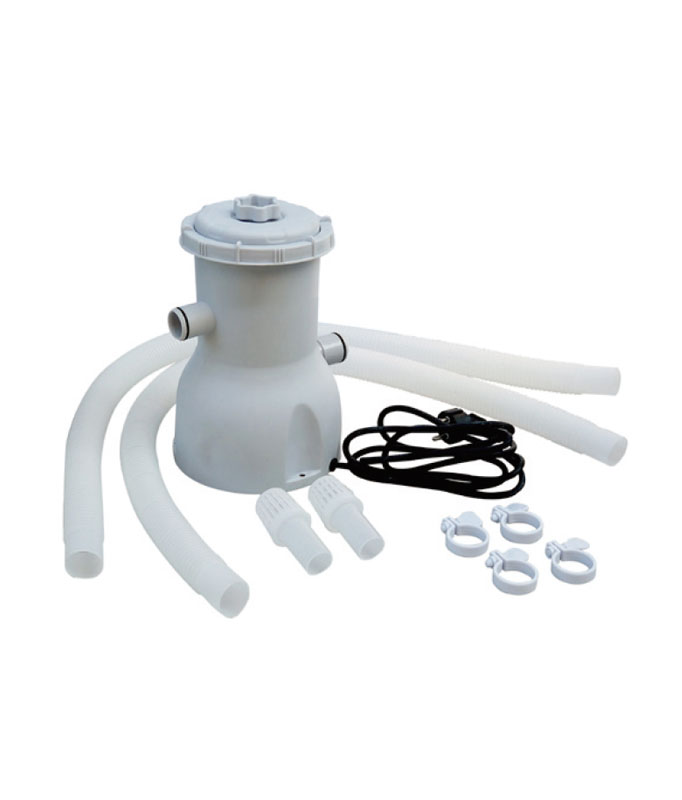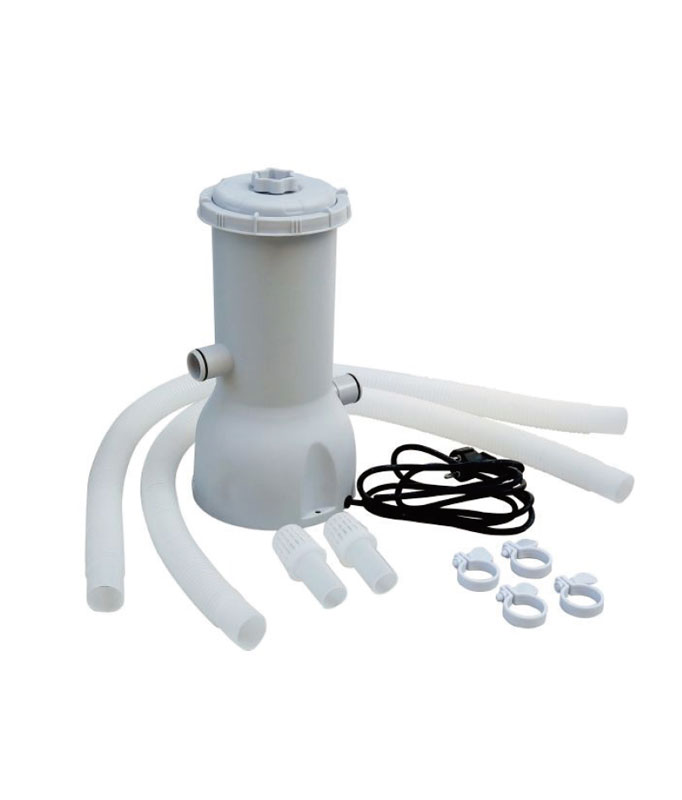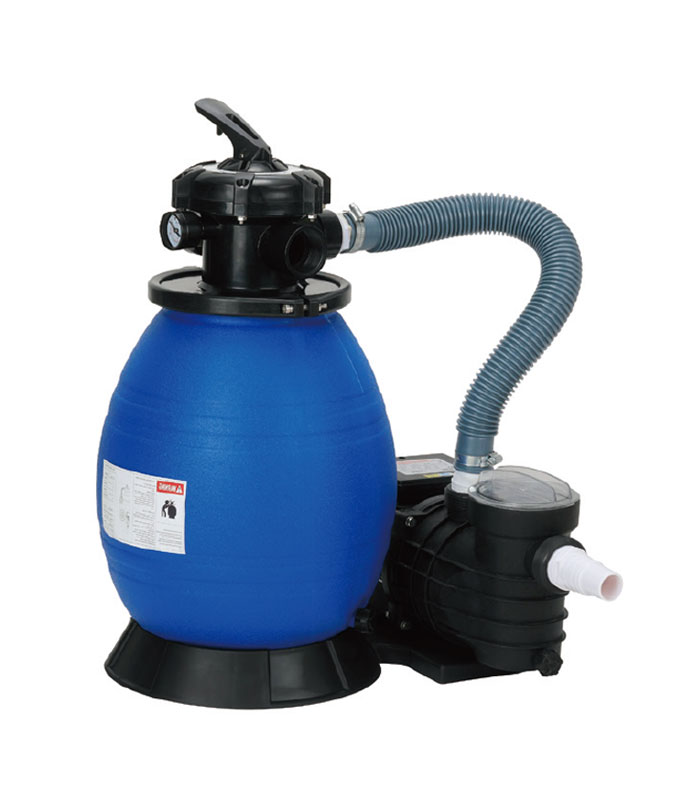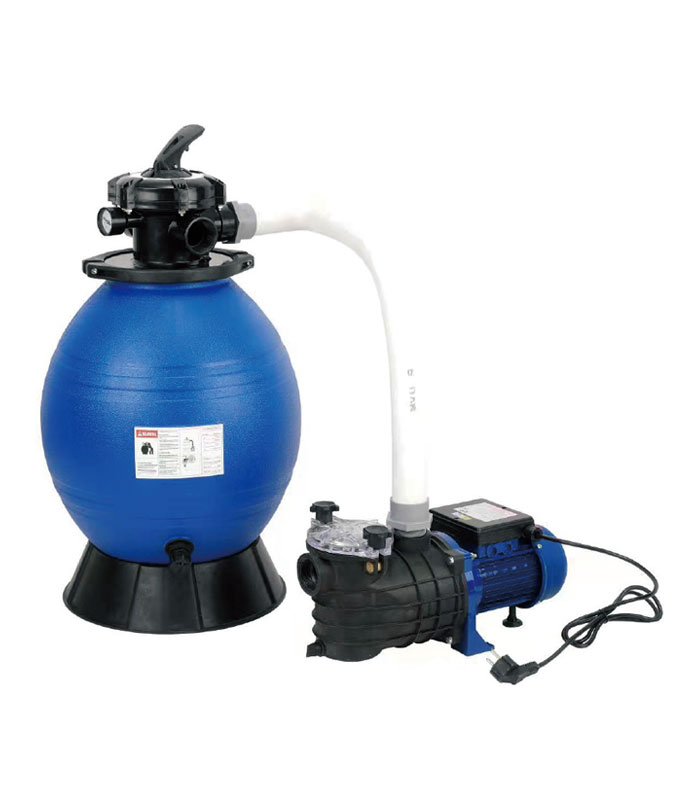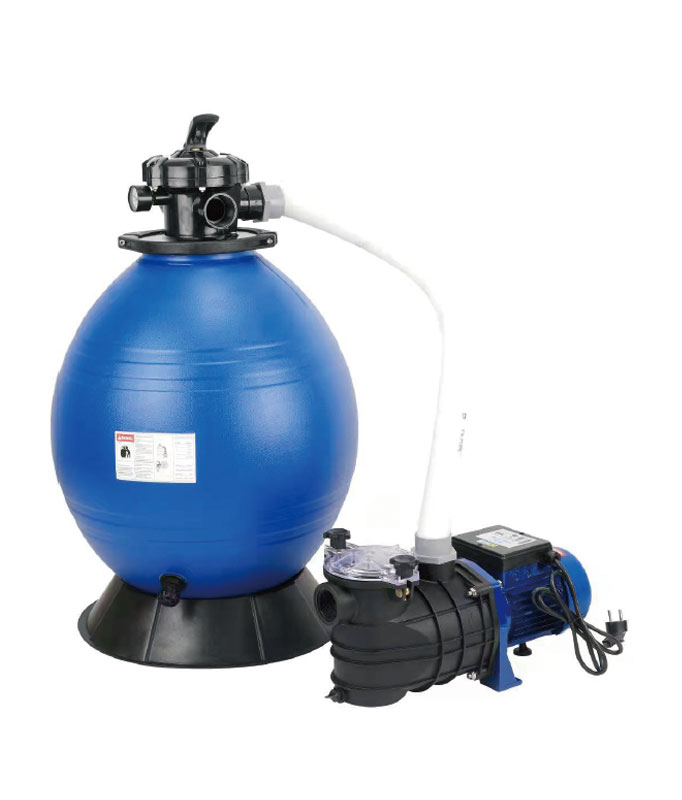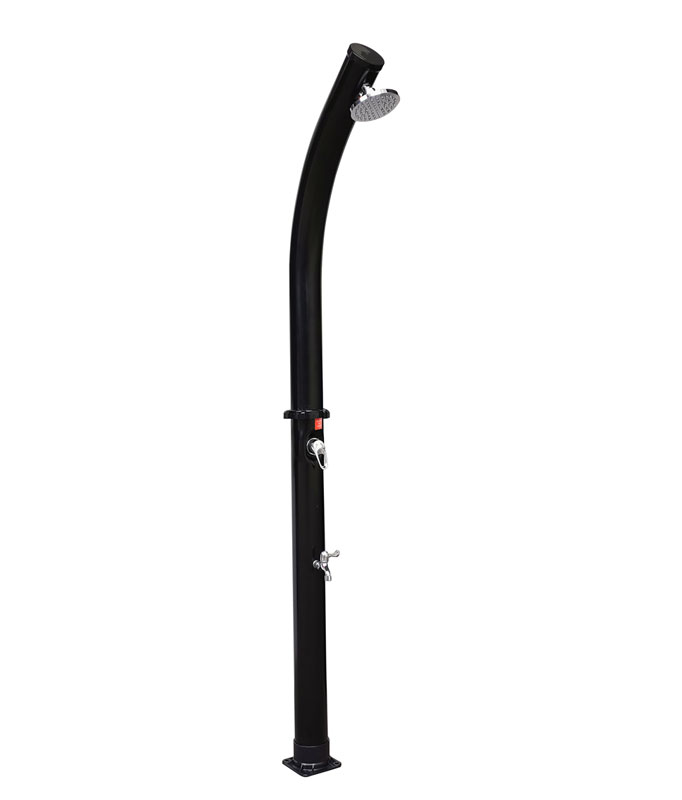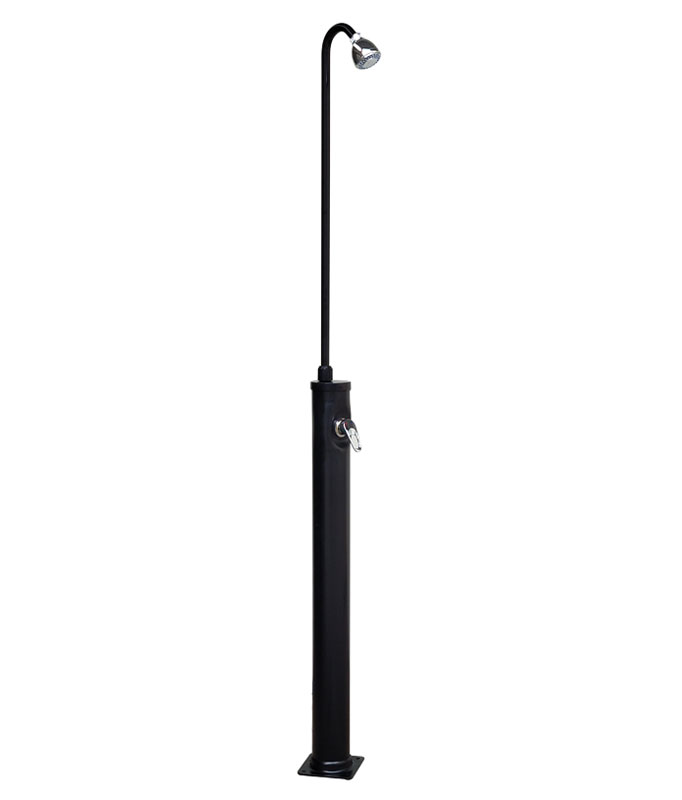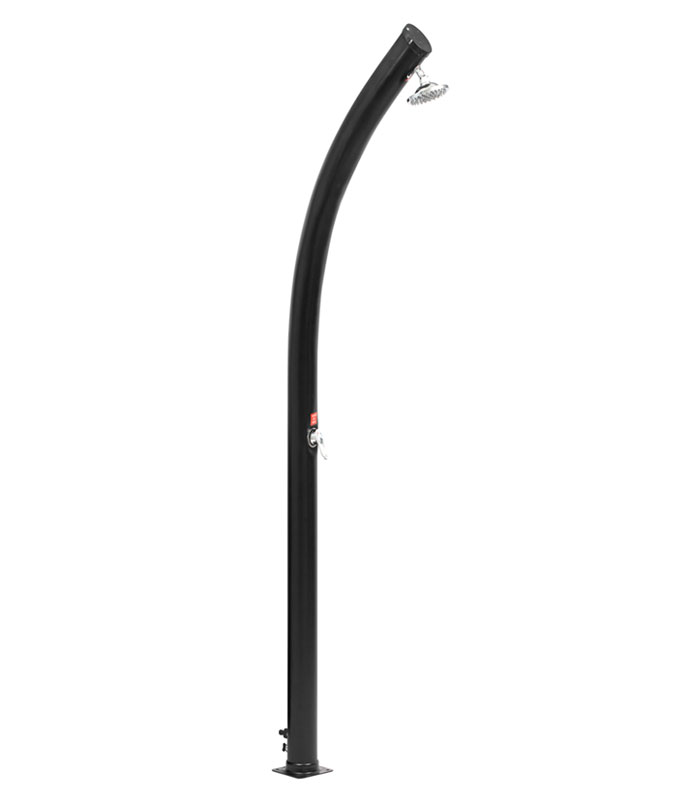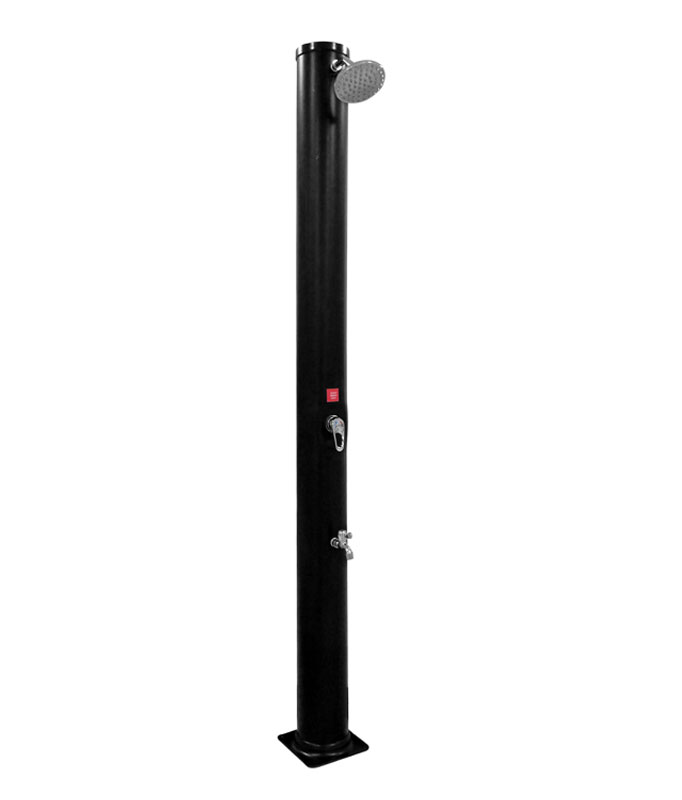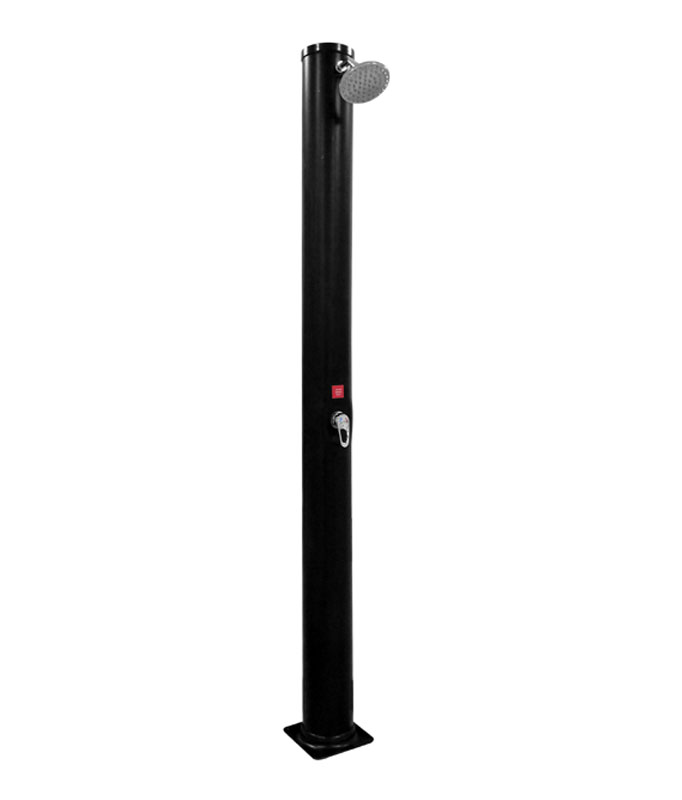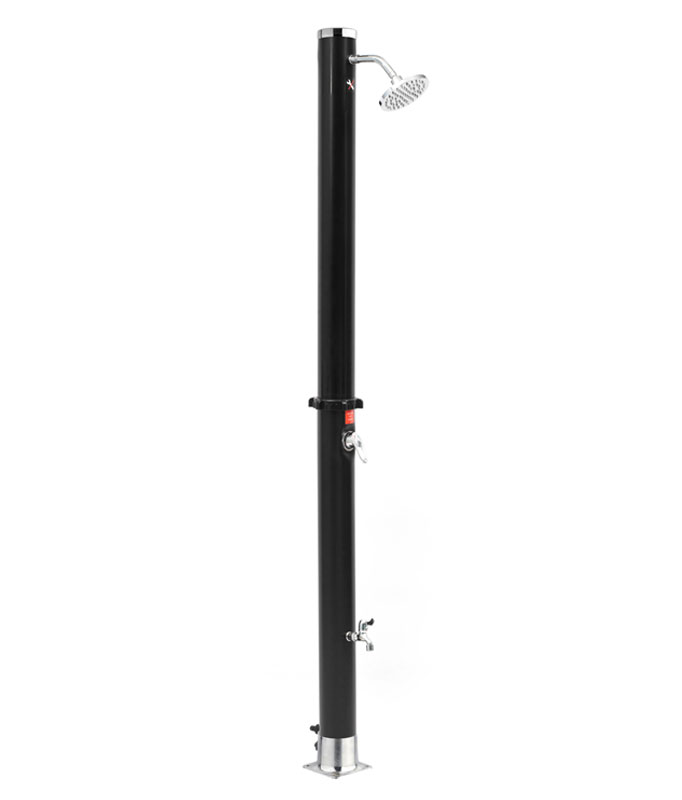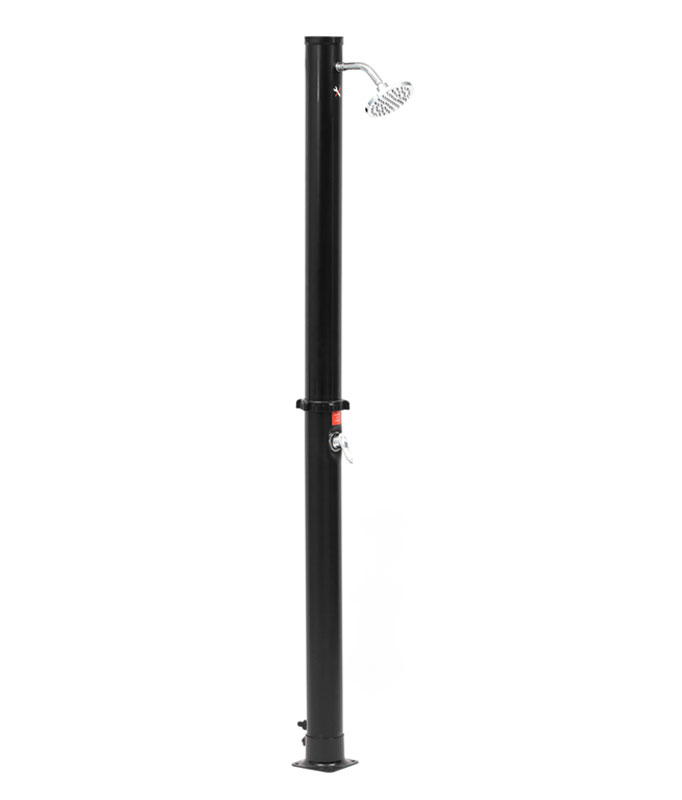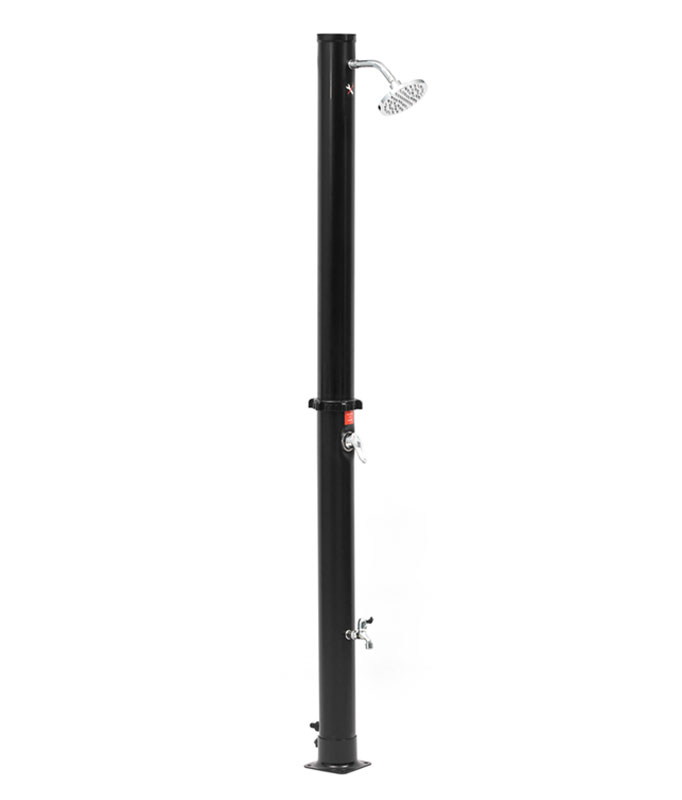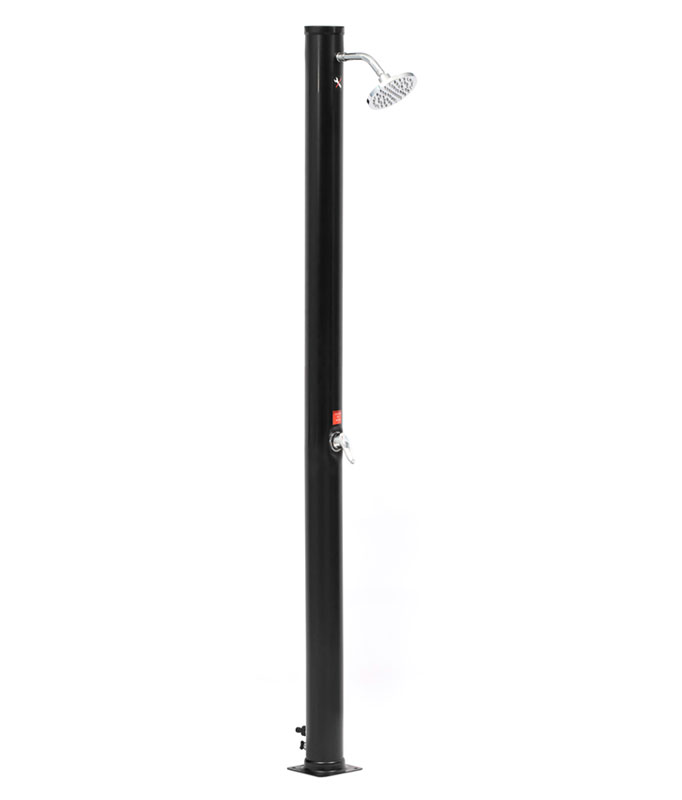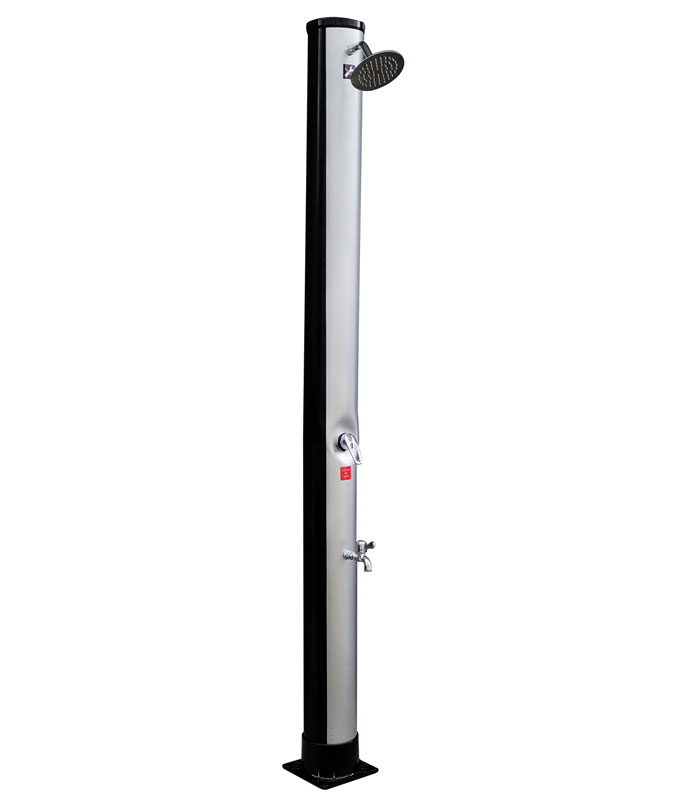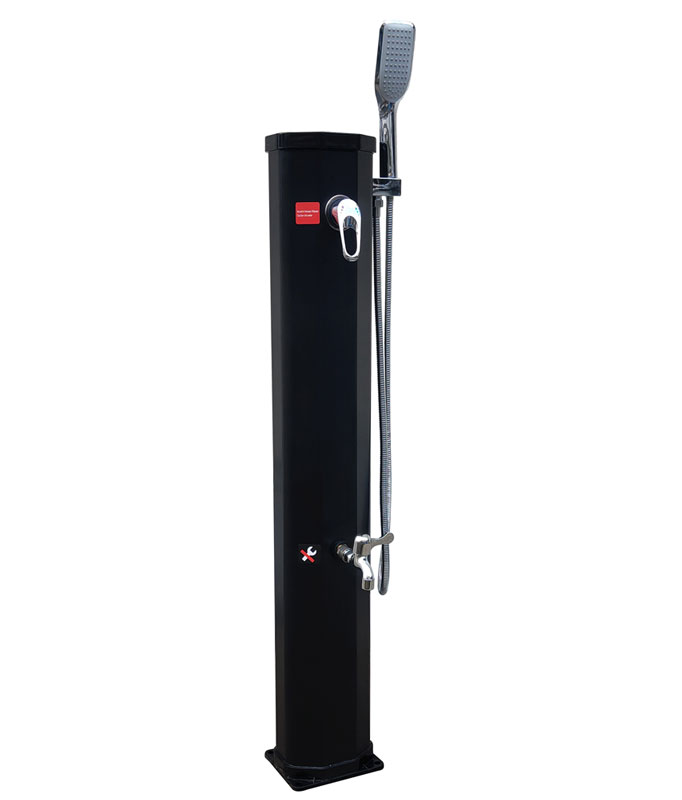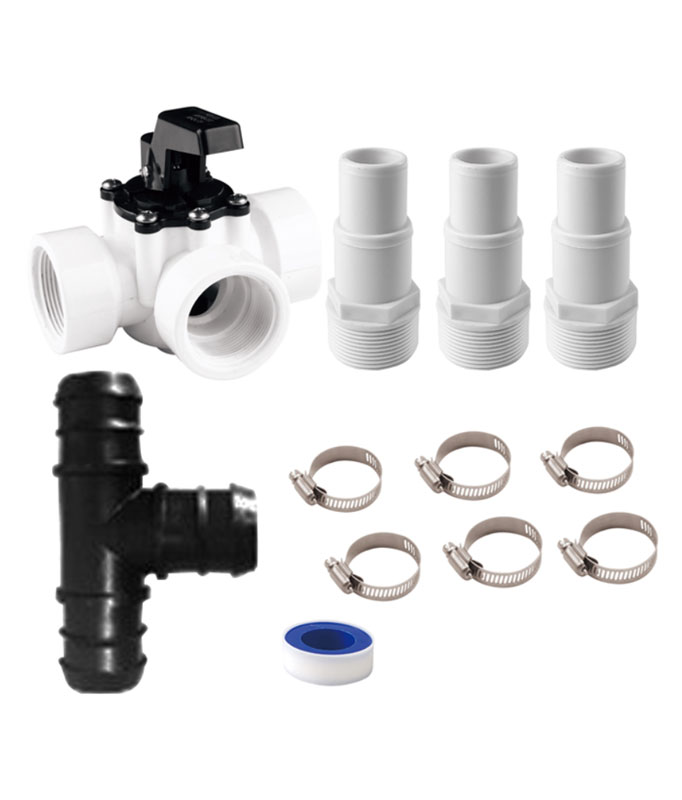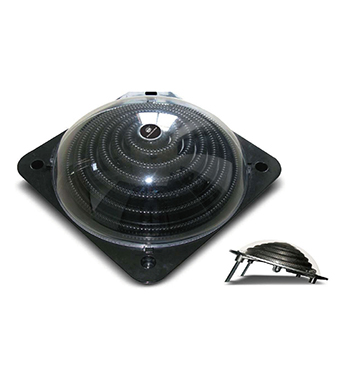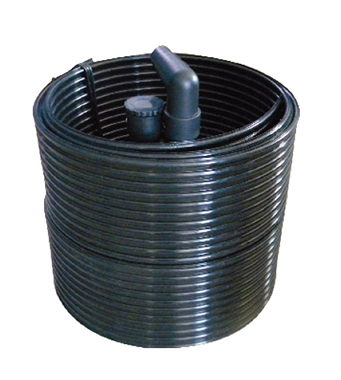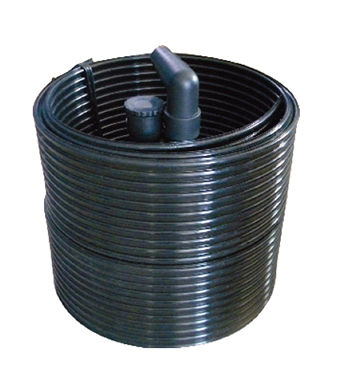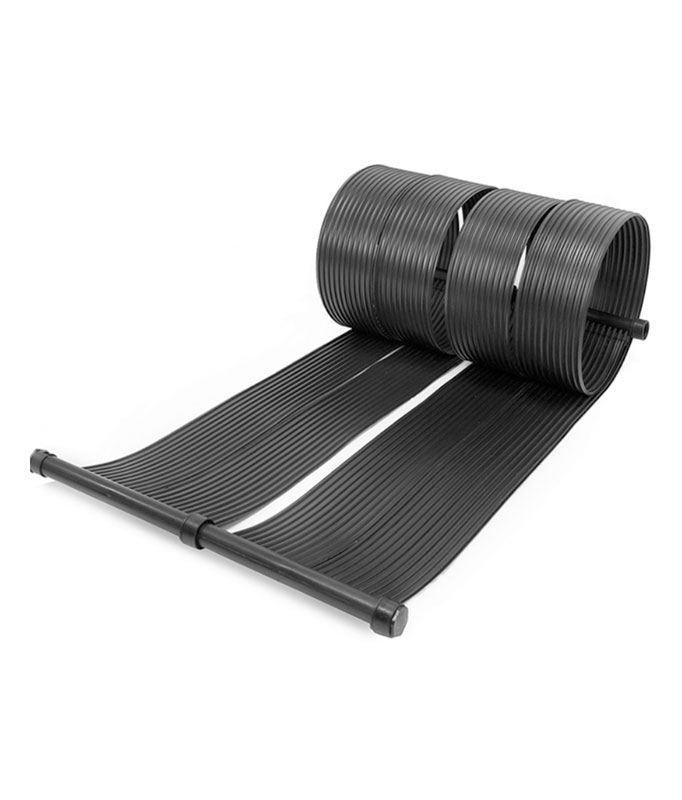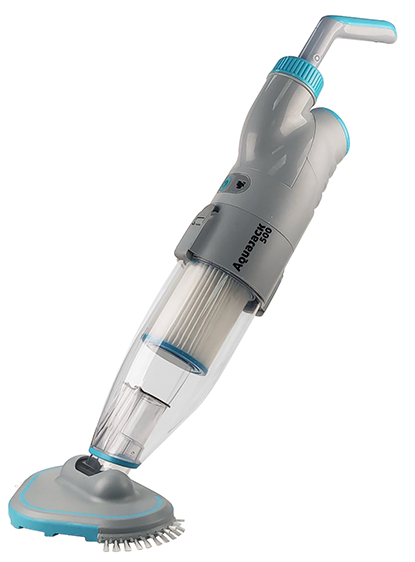
Shopping for a portable pool vacuum but overwhelmed by options? Discover the 5 essential features that separate exceptional cleaners from mediocre ones—ensuring you get professional results without professional prices. Learn why these features matter more than brand names and how they impact long-term satisfaction and performance.
Key Takeaways
Smart Navigation – Covers 100% of pool surfaces without missing spots
Dual Filtration – Captures everything from leaves to micron-sized particles
App Control – Enables scheduling and monitoring from anywhere
Build Quality – Determines lifespan and reliability
Value Retention – Quality features maintain resale value
Feature 1: Intelligent Navigation Systems
Why Navigation Matters
Poor navigation leads to:
- Missed spots requiring manual cleaning
- Time waste through inefficient paths
- Energy waste from extended run times
- Frustration with inconsistent results
Navigation Types Compared
| Navigation Type |
Coverage Efficiency |
Typical Run Time |
Best For |
|
Random Pattern |
60-70% |
4-6 hours |
Small, simple pools |
|
Systematic Path |
85-90% |
3-4 hours |
Medium pools |
|
Smart Mapping |
98-100% |
2-3 hours |
All pool types |
|
AI Learning |
99.9% |
1.5-2.5 hours |
Complex pools |
What to Look For
- Laser mapping for precise layout learning
- Gyroscopic sensors for position tracking
- Obstacle avoidance for trouble-free operation
- Path memory for increasingly efficient cleaning
- Basic filtration: 100+ microns (misses fine debris)
- Good filtration: 50-100 microns (captures sand)
- Excellent filtration: 10-50 microns (gets pollen)
- Superior filtration: 2-10 microns (removes algae spores)
- Macro stage: Handles leaves and large debris
- Micro stage: Captures fine particles and spores
- Self-cleaning: Automatic backflush systems
- Adaptive flow: Adjusts based on debris load
- Scheduling: Set cleaning times and frequencies
- Monitoring: Real-time progress tracking
- Alerts: Notifications for issues or completion
- Control: Manual operation when needed
- History: Performance tracking over time
- Wi-Fi: Full feature access, remote control
- Bluetooth: Local control without internet
- RF Remote: Basic control without phone
- Voice Control: Hands-free operation
- Weather adaptation: Adjusts cleaning based on conditions
- Energy optimization: Runs during off-peak hours
- Maintenance reminders: Never forget filter cleaning
- Usage reports: Track efficiency and savings
- Drive system: Tracks vs wheels vs hybrid
- Brush quality: Material and mounting system
- Cord construction: Kink resistance and flexibility
- Housing material: UV and impact resistance
- Sealing: Waterproofing (IP68 minimum)
- Warranty length: 3+ years on major components
- Service network: Availability of parts and service
- User reviews: Long-term reliability reports
- Brand reputation: History in pool industry
- Accelerated life testing: Simulates years of use
- Environmental testing: Heat, cold, UV exposure
- Performance testing: Consistent operation over time
- Safety testing: Electrical and mechanical safety
- Variable speed motors: Adjust power to need
- Smart scheduling: Off-peak operation
- Efficient hydraulics: Maximum cleaning per watt
- Auto-shutoff: Prevents unnecessary operation
- Purchase price: Initial investment
- Energy costs: Monthly operating expense
- Maintenance: Filter and part replacements
- Repairs: Unexpected issues and fixes
- Lifespan: Years of service before replacement
- First use: Allow complete mapping cycle
- Regular updates: Re-map after pool changes
- Obstacle management: Keep pool clear of hazards
- Cleaning frequency: Based on usage and debris
- Filter replacement: Follow manufacturer schedule
- System checks: Regular performance verification
- Scheduling: Set for off-peak energy rates
- Alerts: Enable notifications for issues
- Updates: Keep software current for new features
- Proper storage: Protect from elements when not in use
- Regular inspection: Catch issues early
- Gentle handling: Avoid drops and impacts
- Right schedule: Match cleaning to need
- Proper maintenance: Keep running efficiently
- Usage monitoring: Track and optimize patterns
Pro Tip: Choose models with "re-mapping" capability that adapts to pool changes.
Feature 2: Advanced Filtration System
Filtration Levels Explained
Filtration Types
| Filter Type |
Best For |
Maintenance |
Lifespan |
|
Mesh Bags |
Large debris |
Frequent emptying |
1-2 seasons |
|
Pleated Cartridges |
Fine debris |
Easy cleaning |
2-3 seasons |
|
Ceramic Elements |
Microscopic particles |
Occasional cleaning |
5+ seasons |
|
Electrostatic |
All particle sizes |
Minimal maintenance |
3-4 seasons |
Dual-Stage Filtration Benefits
Feature 3: Smart Connectivity & Control
App Features That Matter
Connectivity Options
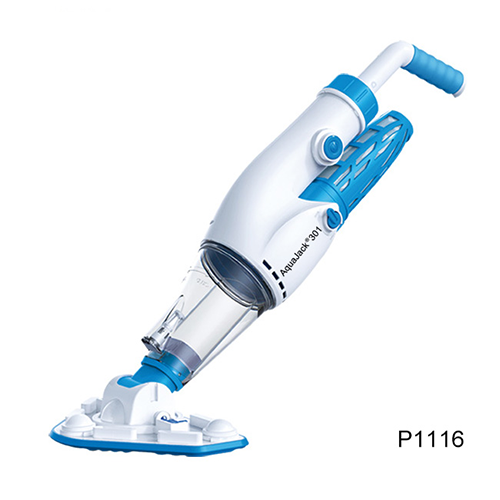
Smart Integration Benefits
Feature 4: Build Quality & Durability
Critical Components to Evaluate
Quality Indicators
Durability Testing
Feature 5: Energy Efficiency & Operating Costs
Power Consumption Comparison
| Vacuum Type |
Watts |
Monthly Cost |
Annual Cost |
|
Pressure Side |
1500-2500W |
$45-75 |
$540-900 |
|
Suction Side |
1200-1800W |
$36-54 |
$432-648 |
|
Robotic (Basic) |
200-300W |
$6-9 |
$72-108 |
|
Robotic (Efficient) |
150-200W |
$4.50-6 |
$54-72 |
Efficiency Features
Total Cost of Ownership
Comparison: Premium vs Budget Features
| Feature |
Budget Model |
Premium Model |
Difference |
|
Navigation |
Random pattern |
Smart mapping |
40% more efficient |
|
Filtration |
Single stage |
Dual stage |
3x finer filtration |
|
Control |
Manual only |
Full app control |
100% more convenient |
|
Build Quality |
1-2 year lifespan |
5-7 year lifespan |
300% longer life |
|
Energy Use |
250-300W |
150-200W |
33% less energy |
Implementation Guide: Getting the Most from Your Features
1. Optimal Navigation Setup
2. Filtration Maintenance
3. Smart Feature Utilization
4. Durability Preservation
5. Efficiency Optimization
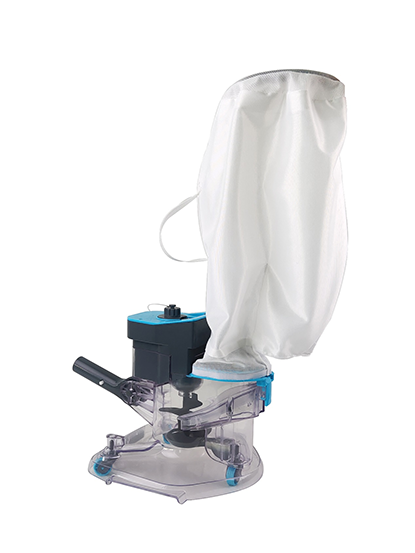
FAQ: Feature Questions Answered
Q: How important is app control really?
A: Very – enables optimization and remote management
Q: Are dual filters worth the extra cost?
A: Yes – better cleaning and less chemical use
Q: How long should a quality vacuum last?
A: 5-7 years with proper maintenance
Q: Can I add features to a basic model?
A: No – features are built-in, not add-on
Q: What's the most important feature?
A: Navigation – determines cleaning effectiveness
Q: How much should I spend on features?
A: 20-30% premium for next-level features is usually worth it

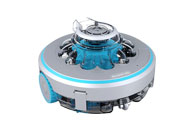 Robotic Pool Cleaner
Robotic Pool Cleaner 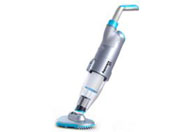 Portable Pool Vacuum Cleaner
Portable Pool Vacuum Cleaner 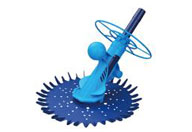 Automatic Pool Cleaner
Automatic Pool Cleaner 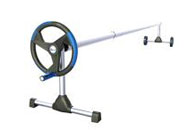 Pool Cover Reel
Pool Cover Reel 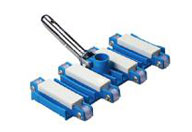 Pool Cleaning Accessories
Pool Cleaning Accessories 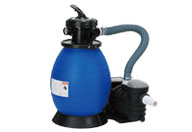 Pool Filter Pump
Pool Filter Pump 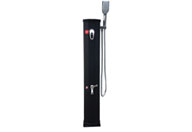 Pool Solar Shower
Pool Solar Shower 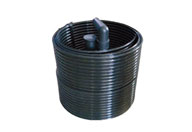 Pool Solar Collector
Pool Solar Collector 